The upcoming Dune: Prophecy series on Max is connected to Denis Villeneuve’s films, but it isn’t based on a book written by Frank Herbert.
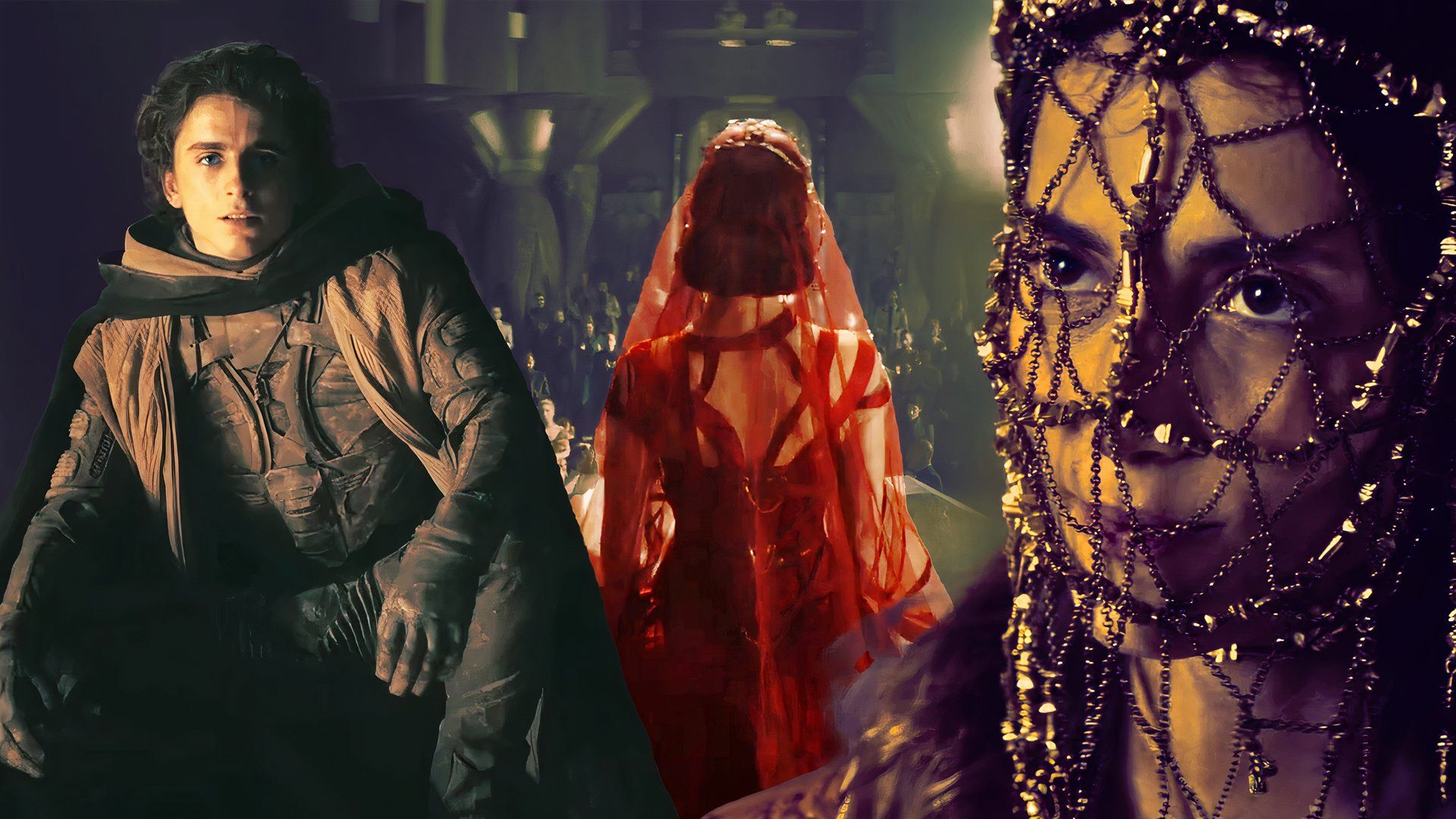
So far, there has been no new sci-fi series this decade that has been able to match the quality of Denis Villeneuve’s two Dune films. Described by many as a cross between Star Wars, The Lord of the Rings, and Game of Thrones, Villeneuve’s Dune has provided a blockbuster cinematic event that has to be experienced to be believed. The classic Dune novel, written by Frank Herbert, was first published in 1965 and has been adapted on several occasions over the years. First, there was the failed attempt by experimental director Alejandro Jodorowsky to bring it to life in the 1970s. Then there was the cult-classic adaptation from David Lynch in 1984, followed by the miniseries starring Alec Newman and William Hurt on the Sci-Fi Channel in 2000.
While the Sci-Fi Channel show was successful enough to warrant a follow-up miniseries, Frank Herbert’s Children of Dune, which adapted the second and third books in Herbert’s Dune series, none of these Dune adaptations managed to live up to the immensely high quality of the original novel. That is until Villeneuve’s films came out. Between 2021’s Dune and 2024’s Dune: Part Two, Villeneuve adapted the entire story of Herbert’s first Dune novel. While Herbert wrote a total of six Dune books in his lifetime, Villeneuve has stated that he is only really interested in adapting one more of them, book two, Dune Messiah, to complete his Dune film trilogy.
That doesn’t mean we won’t receive further adaptations of Dune on-screen though. In fact, we just got our first taste of the franchise’s imminent expansion with the trailer for Dune: Prophecy, which just released last week. Dune: Prophecy is a prequel series set to debut on Max in the autumn of 2024. It is intended to build on the success of Villeneuve’s films, though a handful of behind-the-scenes details separate this series from the new Dune movies. Chiefly among them, Dune: Prophecy is not based on any of the Dune books that Frank Herbert wrote. Here’s what you need to know.
The Sisterhood of Dune Book That Prophecy Is Based On
While Dune: Prophecy isn’t based on any of Frank Herbert’s Dune novels, it is based on a different Dune novel that was written and published by the author’s son, Brian Herbert, in collaboration with co-author Kevin J. Anderson. To provide a quick background summary: Frank Herbert wrote and published six Dune books, the final of them, Chapterhouse: Dune, released in 1985, just a year before the author died in 1986.
However, over a decade later, the Herbert Estate announced that many of the author’s outlines for further Dune stories had been found and that his son, Brian Herbert, would work with Anderson to complete the stories and begin publishing them. The first of these new books was Dune: House Atreides, published in 1999, a prequel that explored the family’s history central to the entire Dune saga. Over the last 25 years, over 20 additional Dune prequel and spin-off novels have been published by Brian Herbert and Anderson.
Dune: Prophecy is based (at least loosely) on one of these novels, specifically 2012’s Sisterhood of Dune. This book was the first part of the Great Schools of Dune series, a trilogy of books that further explored the stories and histories of the mysterious organizations that are at the core of the Dune universe: the Bene Gesserit (Sisterhood of Dune), the Mentat human-computers (Mentats of Dune) and the Guild Navigators (Navigators of Dune). While all of these stories are intertwined to some degree – they also mix in the history of the Suk doctors, though without a dedicated book – Sisterhood of Dune specifically details the origins of the Bene Gesserit as an organization, why they were founded in the first place and who the key figures were behind it all.
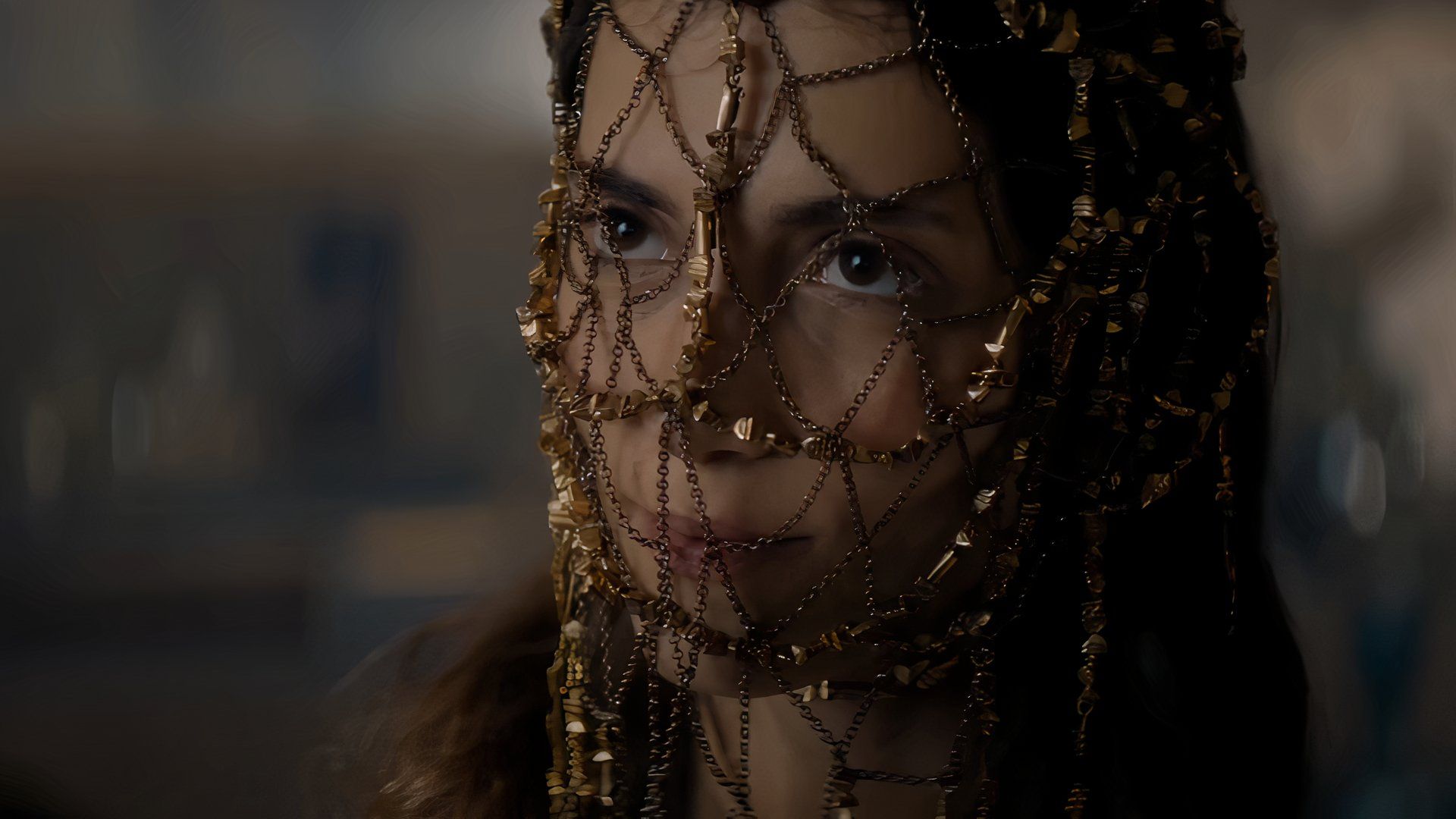
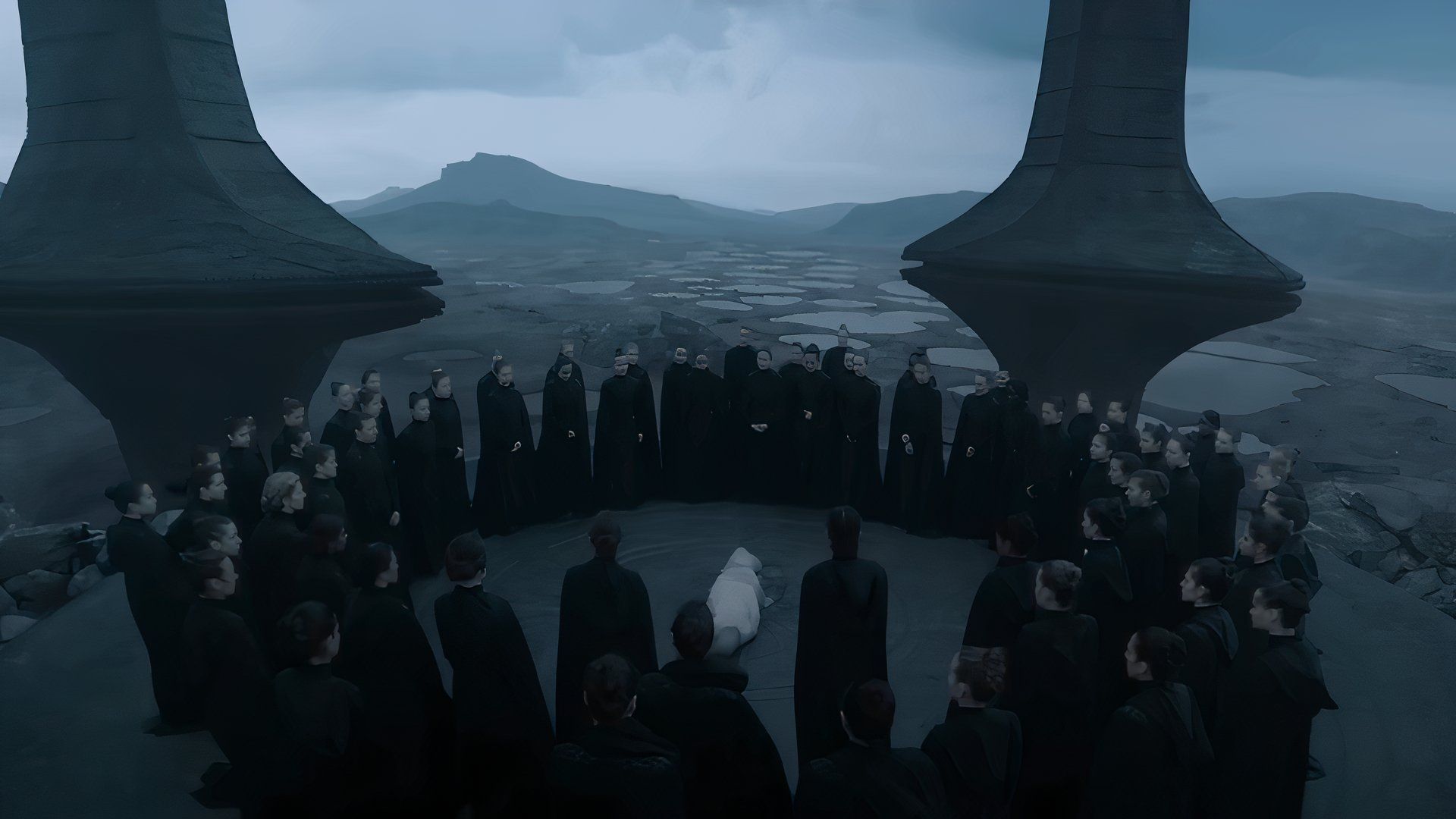

This all sounds well and good, though there is an elephant in the room that must be addressed. The Dune books published by Brian Herbert and Anderson are generally seen as of much lesser quality than those published in Frank Herbert’s lifetime. While they certainly have their fans, most of these books are riddled with inconsistencies and contradictions to the original Dune novels, and their stories are far less thought-provoking and forward-thinking. That said, Sisterhood of Dune is considered one of the stronger books of the bunch, though it’s still a far cry from the original novels.
Denis Villeneuve Was Involved in Dune: Prophecy Early On
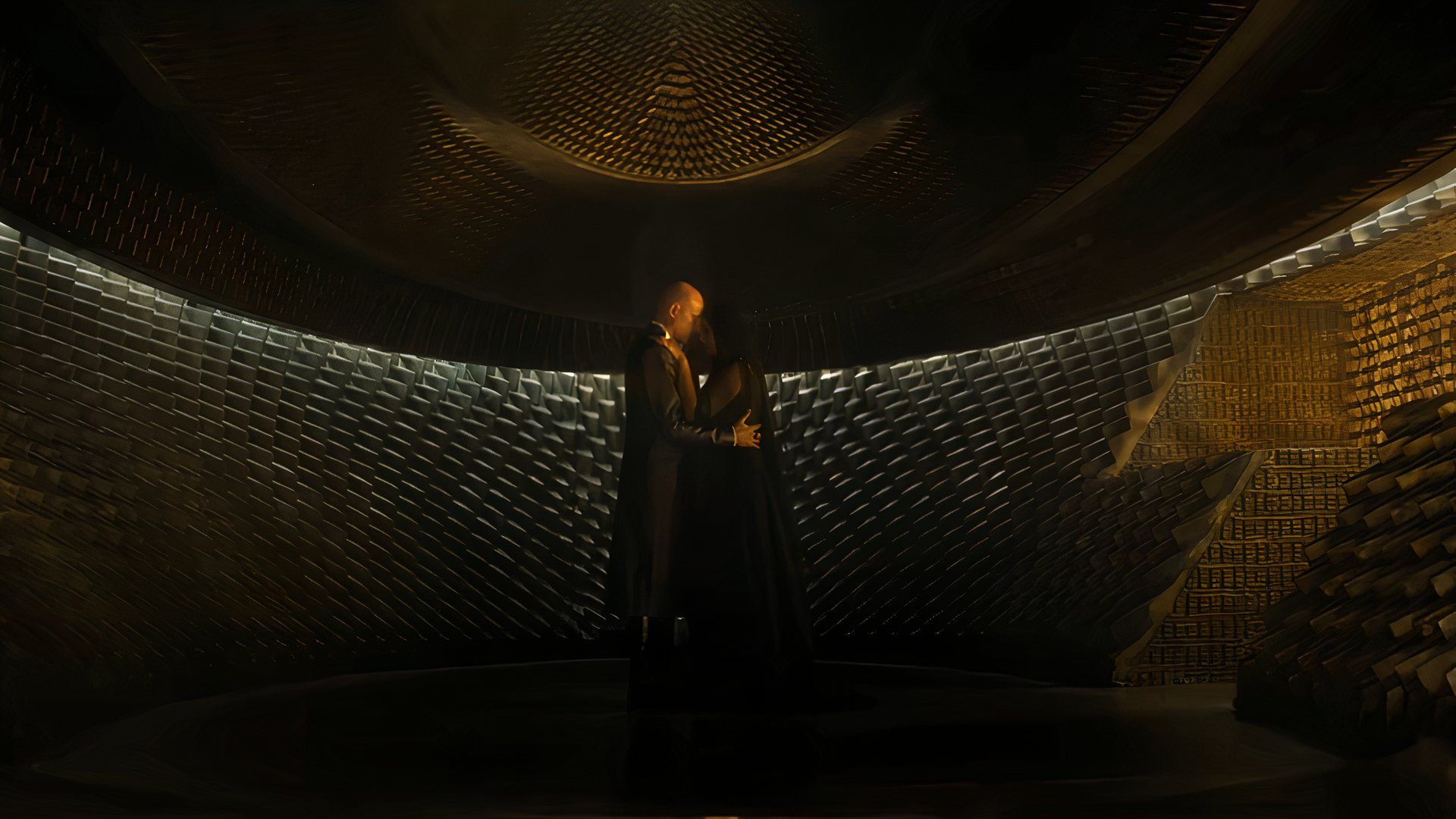
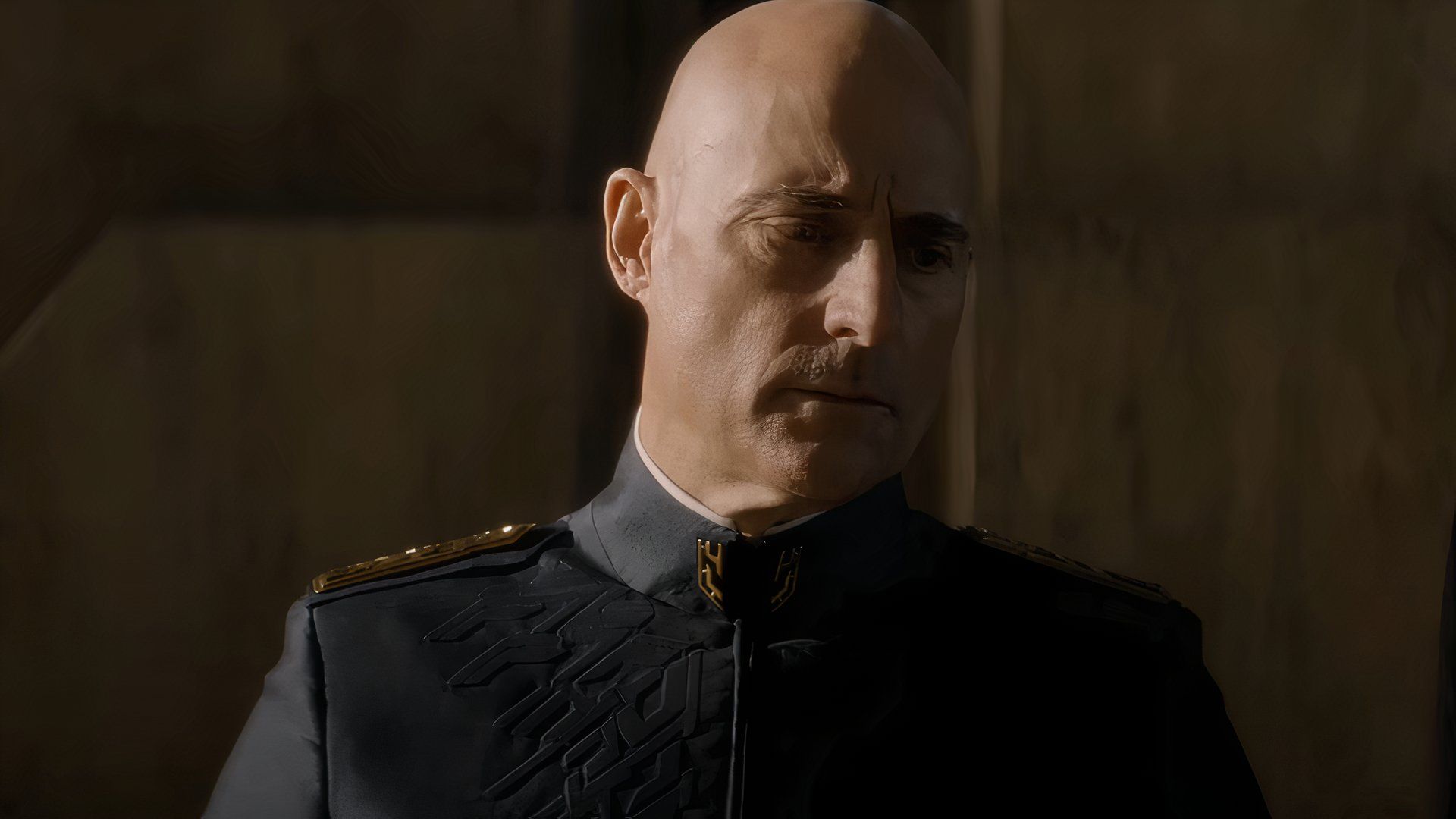
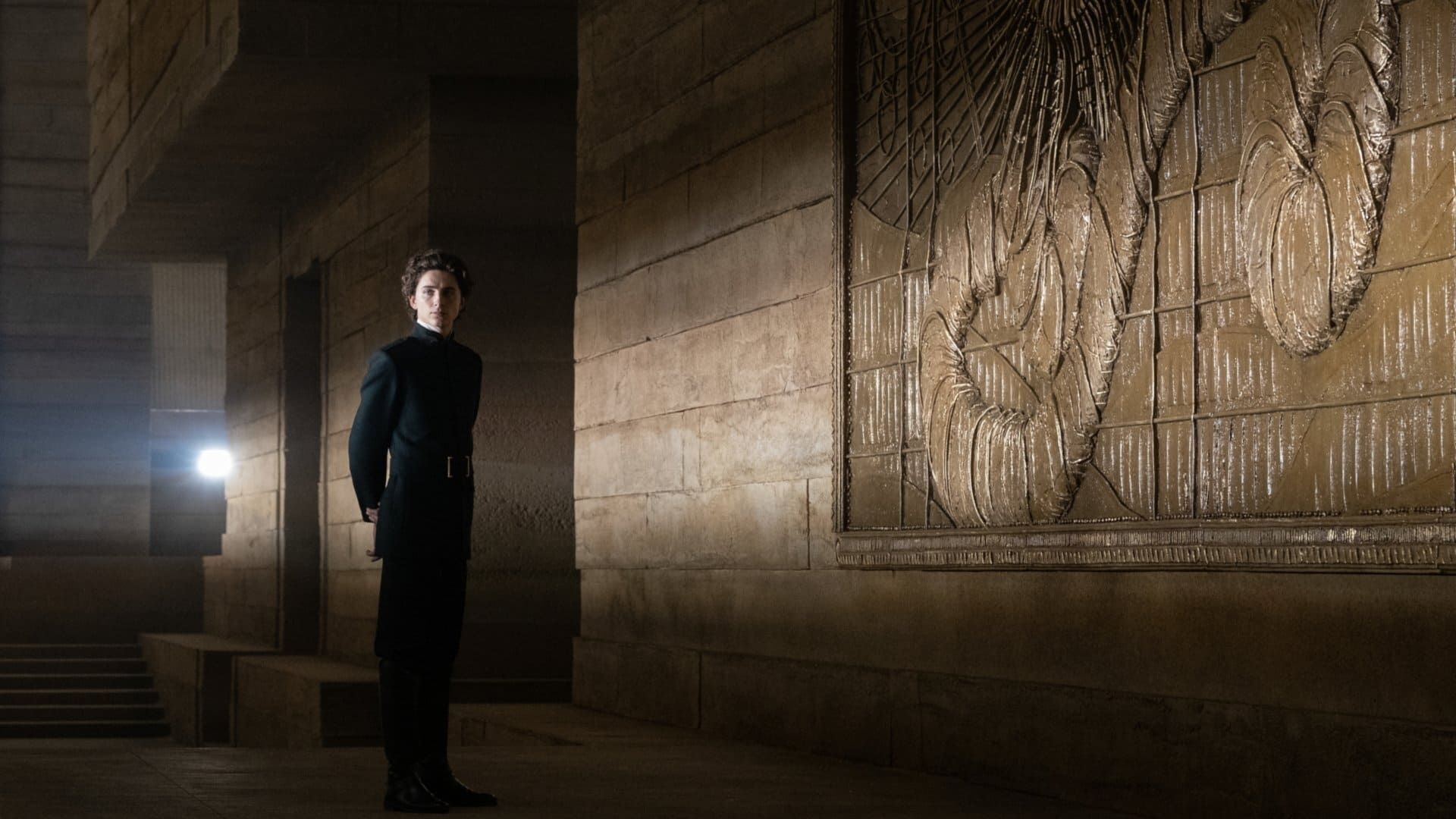
Turning our attention back to Dune: Prophecy, from what we can tell so far, this new series is only borrowing some ideas from Sisterhood of Dune rather than adapting that story beat for beat. The show is set in the same continuity as Villeneuve’s Dune movies, and it explores the origins of the film’s version of the Bene Gesserit about 10,000 years before the birth of Paul Atreides. There are several key characters from Sisterhood of Dune that appear to be making the jump to the live-action series, specifically the Harkonnen sisters Valya and Tula, played in the series by Emily Watson and Olivia Williams. However, there are also new characters to be found in the mix, such as Emperor Javicco Corinno, played by Mark Strong.
When Dune: Prophecy first entered development in the summer of 2019, over two years before Villeneuve’s first Dune film hit theaters, the director was initially set to be closely involved with the series. Villeneuve was set to direct several episodes of the spin-off show, while Jon Spaihts (co-writer of both Dune and Dune: Part Two’s screenplays) was hired as the showrunner driving the whole project. However, later that same year, Spaihts stepped away from the series to focus more closely on the Dune films, though some reports have indicated that the studio removed him from the project because they were unhappy with his work.
Eventually, a new showrunner was hired, and Dune: Prophecy got back on track. The series entered production in 2022, with Alison Schapker as showrunner. However, Villeneuve was no longer attached to direct any episodes due to his scheduling conflict with the filming of Dune: Part Two. In his stead, Anna Foerster has stepped in to direct, following her work on shows such as Westworld, Jessica Jones, and Carnival Row.
WB Is Trying to Expand Dune Into a Franchise

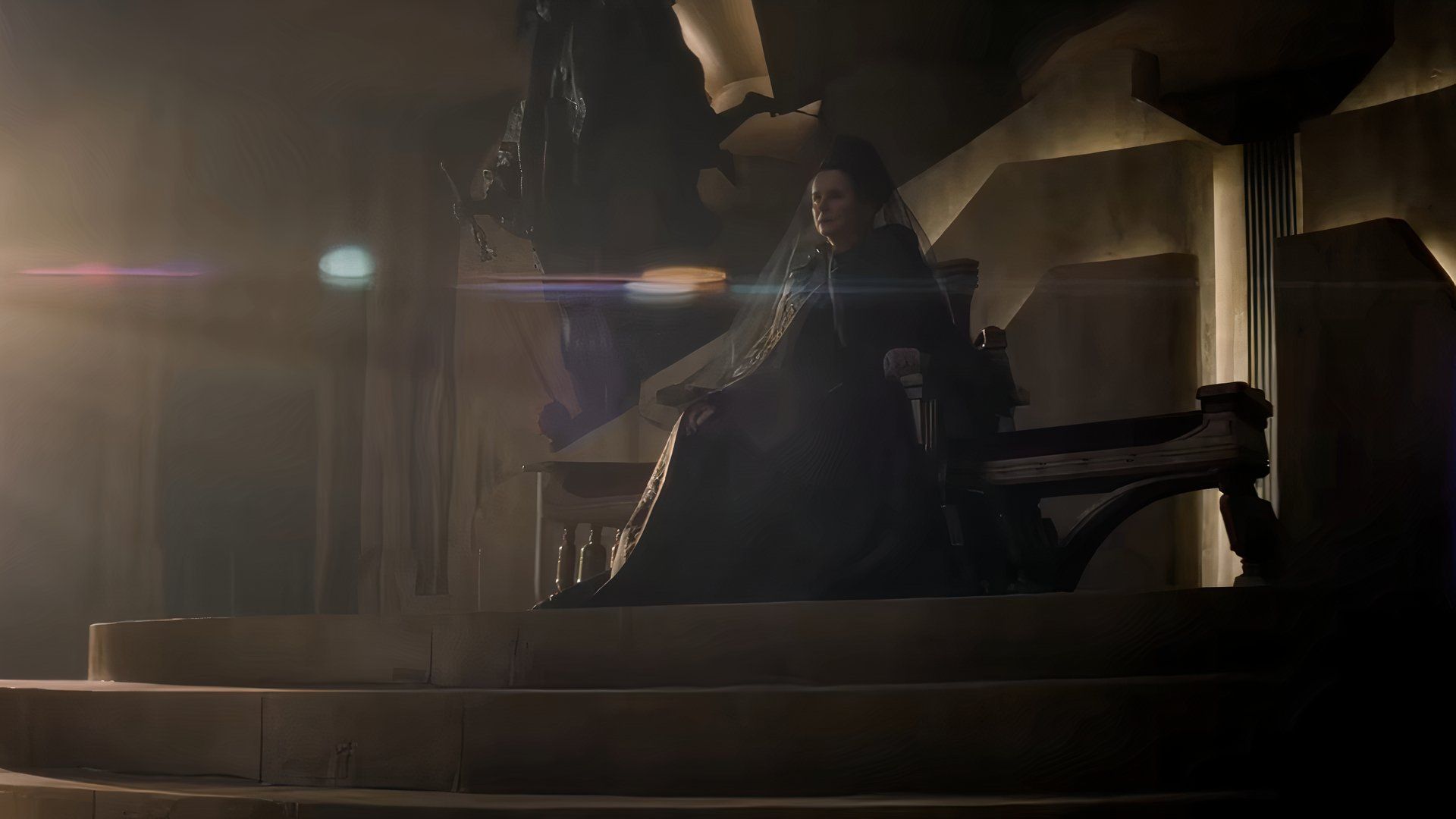

While Villeneuve appears committed to only directing three Dune films, WB Discovery clearly has bigger ambitions for the series. Dune: Prophecy is the first instance of the studio testing the waters to see if audiences are interested in other kinds of Dune stories. If the show succeeds, there’s little doubt that further seasons could follow sooner than later. On top of that, the lore behind Dune is some of the most dense and layered of any major fiction series, so there is no shortage of material to be mined for new stories. This could mean a continuation of the films with adaptations of books such as Children of Dune, God Emperor of Dune, and Heretics of Dune, or it could mean further adaptations of the works from Brian Herbert and Anderson.
While Dune is a much darker and more methodical kind of storytelling than other franchises like Star Wars or The Lord of the Rings, its heavy sci-fi angle makes it very appealing in the context of modern franchise filmmaking. WB Discovery seems to be viewing the series similarly to Game of Thrones, wherein it is a much more adult kind of fantasy storytelling from which they can produce countless different spin-offs and new stories. Whether that will be good or bad for the long-term health of the Dune series is still to be seen, but die-hard Dune fans can be tentatively excited about the immediate future. Dune: Prophecy is set for release in Fall 2024.




